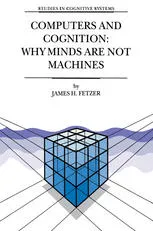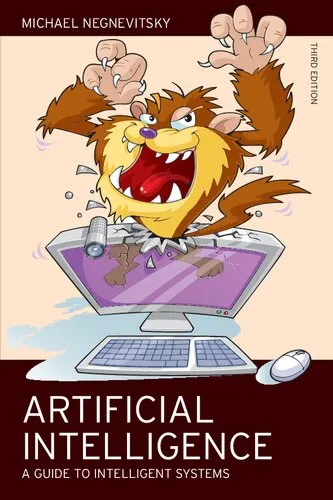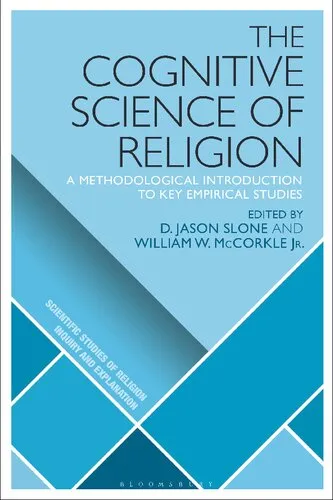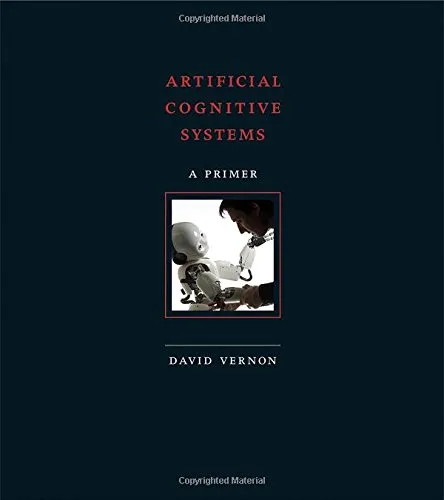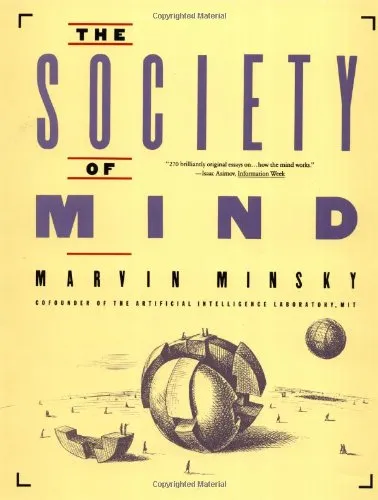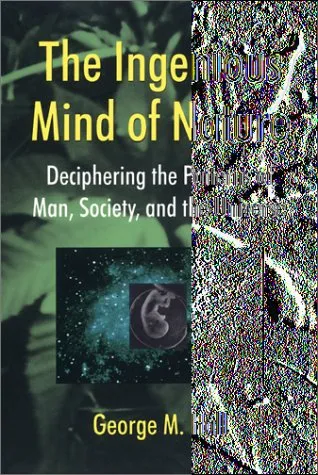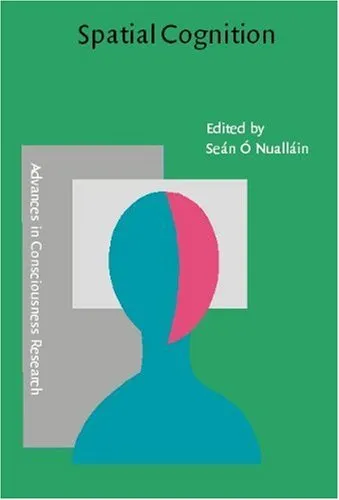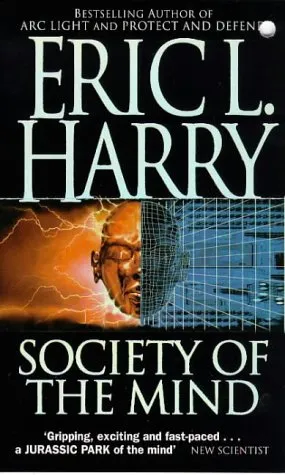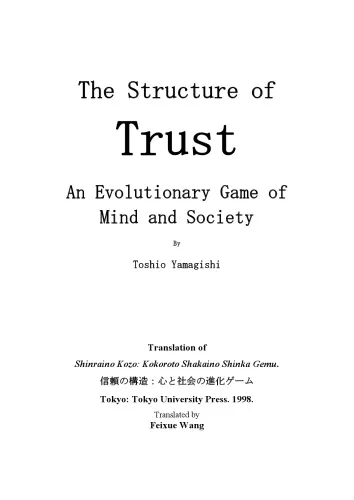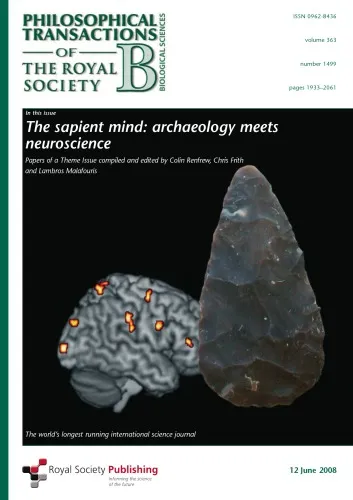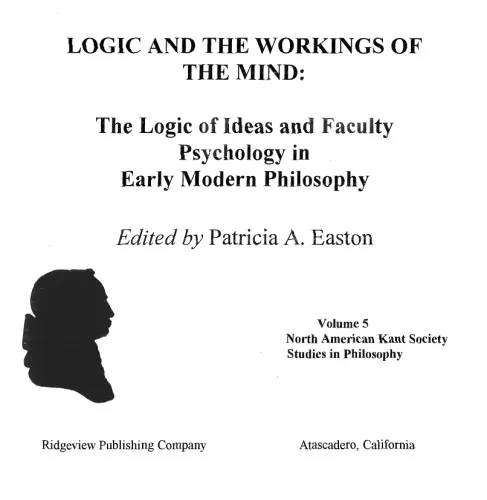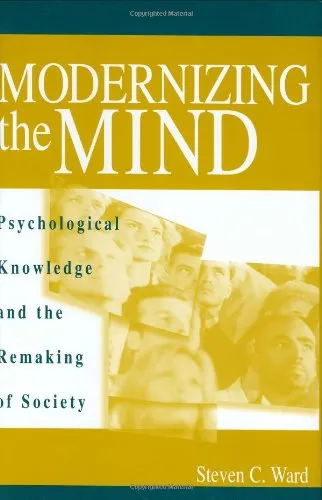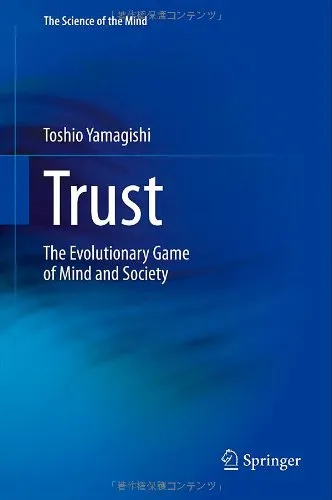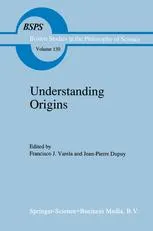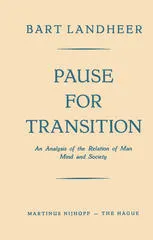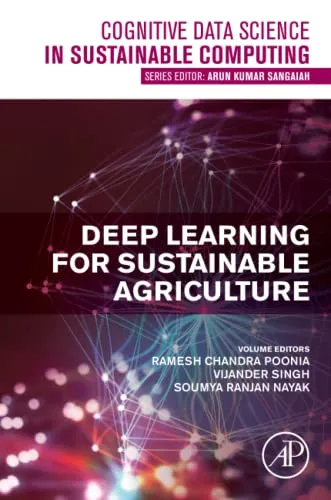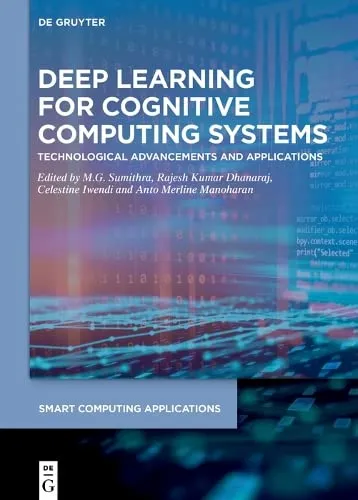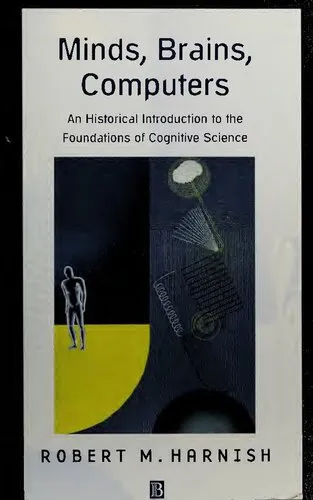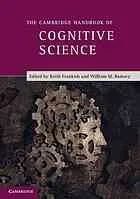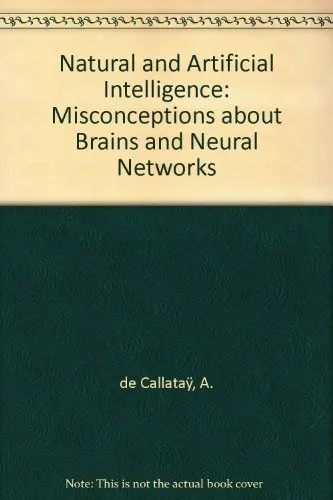Computers and Cognition: Why Minds are not Machines
4.0
Reviews from our users

You Can Ask your questions from this book's AI after Login
Each download or ask from book AI costs 2 points. To earn more free points, please visit the Points Guide Page and complete some valuable actions.Related Refrences:
Persian Summary
Introduction to "Computers and Cognition: Why Minds are not Machines"
James H. Fetzer's "Computers and Cognition: Why Minds are not Machines" offers a profound exploration into the nature of human cognition, dissecting the comparison between computational systems and the human mind. In a world where technology's capabilities are expanding exponentially, this book invites readers to consider critical philosophical questions about consciousness, intelligence, and what truly separates human minds from artificial systems.
Detailed Summary of the Book
The book navigates through the complex terrain of cognitive science and artificial intelligence, challenging the notion that computers can fully emulate the human mind. Fetzer begins by dissecting historical perspectives on cognition, illustrating how early theories paved the way for the rise of computational models of the mind. He dives deeply into the Turing Test and computational theories of mind, critiquing their premises and implications.
Fetzer argues that while computers can simulate certain aspects of human thinking, they lack the intrinsic qualities of consciousness and comprehension that define true understanding. Through a series of arguments, he refutes the reductionist approach claiming that mental states are merely computational states. By examining semantics, intentionality, and qualia, the book highlights the unique aspects of human cognition that remain beyond the reach of machine replication.
The book concludes by exploring implications for artificial intelligence, ethics, and the future of human-machine interaction. Fetzer prompts readers to question the ethical considerations of AI development and the assumptions underlying cognitive science.
Key Takeaways
- Human cognitive processes are intricately complex and cannot be reduced to mere computations.
- The Turing Test is insufficient for proving genuine intelligence or understanding in machines.
- True comprehension involves semantics and intentionality, which machines cannot authentically replicate.
- The book encourages rigorous philosophical inquiry into the ethical implications of AI advancements.
Famous Quotes from the Book
"A machine can simulate mind-like processes, but it cannot embody mind itself."
"No system of artificial intelligence, however advanced, is a substitute for the nuanced complexities of human consciousness."
Why This Book Matters
As technology progresses, the line between human and machine capabilities becomes increasingly blurred. Fetzer’s book is vital because it challenges prevailing assumptions about artificial intelligence and cognition, offering a sturdy philosophical framework for understanding the fundamental differences between minds and machines. By addressing these topics, the book serves as a crucial resource for students, academics, and professionals in cognitive science, philosophy, and artificial intelligence fields.
Moreover, in an age where AI is rapidly developing and integrating into all areas of life, Fetzer's insights on ethics and cognition urge careful consideration of how we develop and deploy technology that could reshape society. His arguments beckon readers to remain grounded in ethical consciousness while embracing technological innovations.
Free Direct Download
You Can Download this book after Login
Accessing books through legal platforms and public libraries not only supports the rights of authors and publishers but also contributes to the sustainability of reading culture. Before downloading, please take a moment to consider these options.
Find this book on other platforms:
WorldCat helps you find books in libraries worldwide.
See ratings, reviews, and discussions on Goodreads.
Find and buy rare or used books on AbeBooks.
1862
بازدید4.0
امتیاز0
نظر98%
رضایتReviews:
4.0
Based on 0 users review
Questions & Answers
Ask questions about this book or help others by answering
No questions yet. Be the first to ask!
